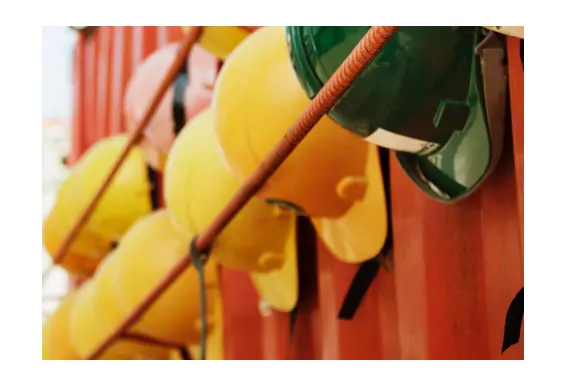Unconventional Resources Completion and Stimulation - URCS
About the Course
Horizontal wells have become the industry standard for unconventional and tight formation gas reservoirs. Because these reservoirs have poorer quality pay, it takes a good, well-planned completion and fracture stimulation(s) to make an economic well. Even in a sweet spot in the unconventional and tight gas reservoir, good completion and stimulation practices are required; otherwise, a marginal or uneconomic well will result. But what are good completion and stimulation practices in horizontal wells in these unconventional reservoirs? What are the objectives of horizontal wells and how do we relate the completion and stimulation(s) to achieving these goals? How many completions/stimulations do we need for best well performance and/or economics? How do we maximize the value from the horizontal wells? When should a horizontal well be drilled longitudinally or transverse? These are just a few questions to be addressed during this course.
This course will focus on some of the key elements of well completions and stimulation practices as they apply to horizontal wells in tight and unconventional reservoirs. Optimization studies will be shown and used to highlight the importance of lateral length, number of fractures, inter-fracture distance, fracture half-length, and fracture conductivity. These results will be used to discuss the various completion choices such as cased and cemented, open hole with external casing packers, and open hole pump and pray techniques. This course also will address key risks to horizontal wells and develop risk mitigation strategies so that project economics can be maximized. In addition, tight and unconventional gas field case studies will be used to illustrate the application of these design, optimization, and risk mitigation strategies for horizontal wells in tight and unconventional gas reservoirs.
"I liked learning about the practical applications and how to use theory and diagnostic tools in practice." - Petrotech Engineer I, United States
"Very thorough overview of the entirety of the completion/stimulation process. Great course!" - Reservoir Engineer
Target Audience
Petroleum and production engineers, completion engineers, stimulation engineers, geologists, managers, technical supervisors, service and support personnel.You Will Learn
Participants will learn how to:
- Use key multi-disciplinary tools for successful completions and stimulations in unconventional resources
- Understand the importance of geo-mechanics and rock mechanics to the success of transverse multiple fractured horizontal wells in unconventional resources
- Understand unconventional resource play completion options and selection processes
- Apply principles and design of well stimulation treatments in unconventional resources
- Employ critical data needs and collection techniques with minimal operational impact
Course Content
- Geo-mechanics: what makes an unconventional shale reservoir prospective
- Introduction to the completions and multiple fracture stimulated horizontal wells
- Horizontal well objectives in Unconventional Reservoirs
- Basis of fracture design in horizontal wells
- Horizontal well stimulation objectives
- Completion planning for horizontal wells
- Horizontal well risks and risk mitigation strategies
- Horizontal well case histories
Product Details
Categories:
UpstreamLevels:
FoundationProduct Type:
CourseFormats Available:
In-ClassroomAdditional
Request a Public Session
If you are interested in a public session of this course, please click the button below to request it.
Request Public SessionIn-House Training
This course is also available upon request as a private, on-site seminar. Contact us for details and pricing.
Request In-House TrainingNeed Help
Contact us if you have additional questions about how to register for or attend this course.
Contact Us



